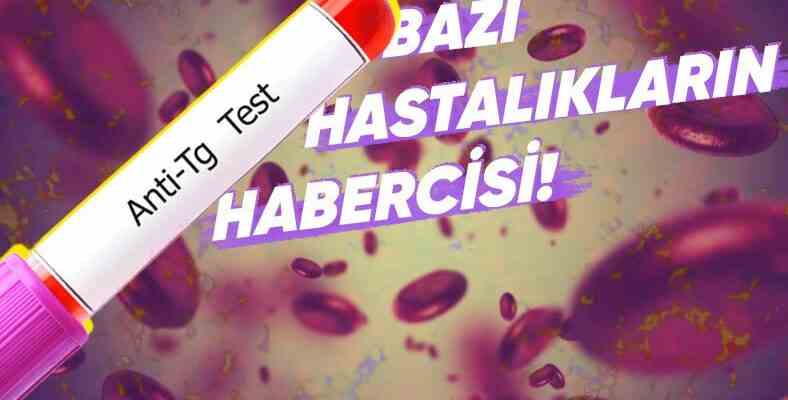Anti-thyroglobulin antibodies are specific antibodies used to measure levels of hormones produced by glands that produce a protein called thyroglobulin in the body. These hormones control whether your thyroid gland is working properly. Let’s find out together what is the anti-thyroglobulin antibody that we encounter frequently in our blood tests, what its high and low means, and what its ideal value should be.
Thyroglobulin hormones are important hormones that control the functioning of the thyroid gland and affect the metabolism in the body. Anti thyroglobulin antibodiestargets the thyroglobulin protein found in the thyroid gland and, if in high amounts thyroglobulin protein against it if antiqueproduces r. This can indicate dysfunction of the thyroid gland and can be used to determine if there is a thyroid-related condition.
Anti-thyroglobulin antibodies high levels may indicate that the thyroid gland is overactive or that a disease may be present in the thyroid gland. These conditions can cause the levels of thyroid gland hormones to increase or decrease and can affect metabolism in the body. Therefore, anti thyroglobulin antibodies It is important to monitor the functioning of the thyroid gland and to diagnose thyroid-related disorders early.
Let’s start with the basics; What is Anti Thyroglobulin Antibody in blood tests, what does it mean?
Anti-thyroglobulin antibodies are antibodies that form against parts of the cells of the body’s thyroid gland. The thyroid gland is a gland that can produce a hormone that regulates the body’s metabolism and thyroglobulin It has a protein called Thyroglobulin is a protein used in the production of thyroid hormones and is found in the thyroid gland.
So what does Anti Thyroglobulin Antibody do?
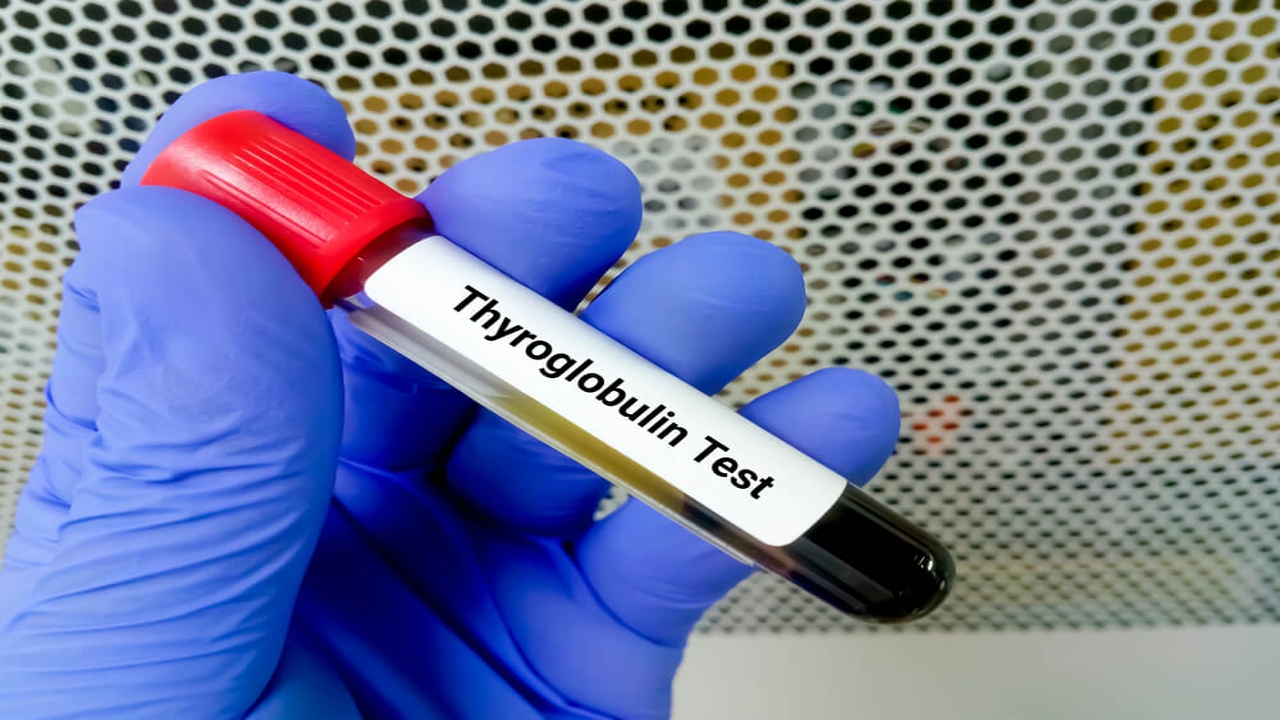
Anti thyroglobulin antibodies are a type of immune proteins produced by the immune system in response to the presence of a protein called thyroglobulin produced by the thyroid gland. Thyroglobulin is an important component of the thyroid hormones thyroxin (T4) and triiodothyronine (T3). important process regulates. Anti-thyroglobulin antibodies can be detected in the blood and are associated with autoimmune thyroid conditions such as Graves’ disease and Hashimoto’s thyroiditis It is often used as an indicator of situations such as High levels of anti-thyroglobulin antibodies indicate that the immune system has attacked the thyroid gland and may cause problems with thyroid function.
Besides the purpose of monitoring the effectiveness of the treatment of autoimmune thyroid conditions, anti-thyroglobulin antibodies can also be helpful in diagnosing these conditions. Anti-thyroglobulin antibodies If the level has decreased over time, it indicates that this treatment is helping to improve thyroid function. Overall, the presence of anti-thyroglobulin antibodies can aid in the diagnosis and management of autoimmune thyroid conditions, as well as be used to monitor the effectiveness of treatment. However, keep in mind that the presence of these antibodies does not necessarily mean that you have an autoimmune thyroid condition. For accurate diagnosis and treatment of thyroid conditions be sure to see a doctor is important.
How dangerous is the anti-thyroglobulin antibody?
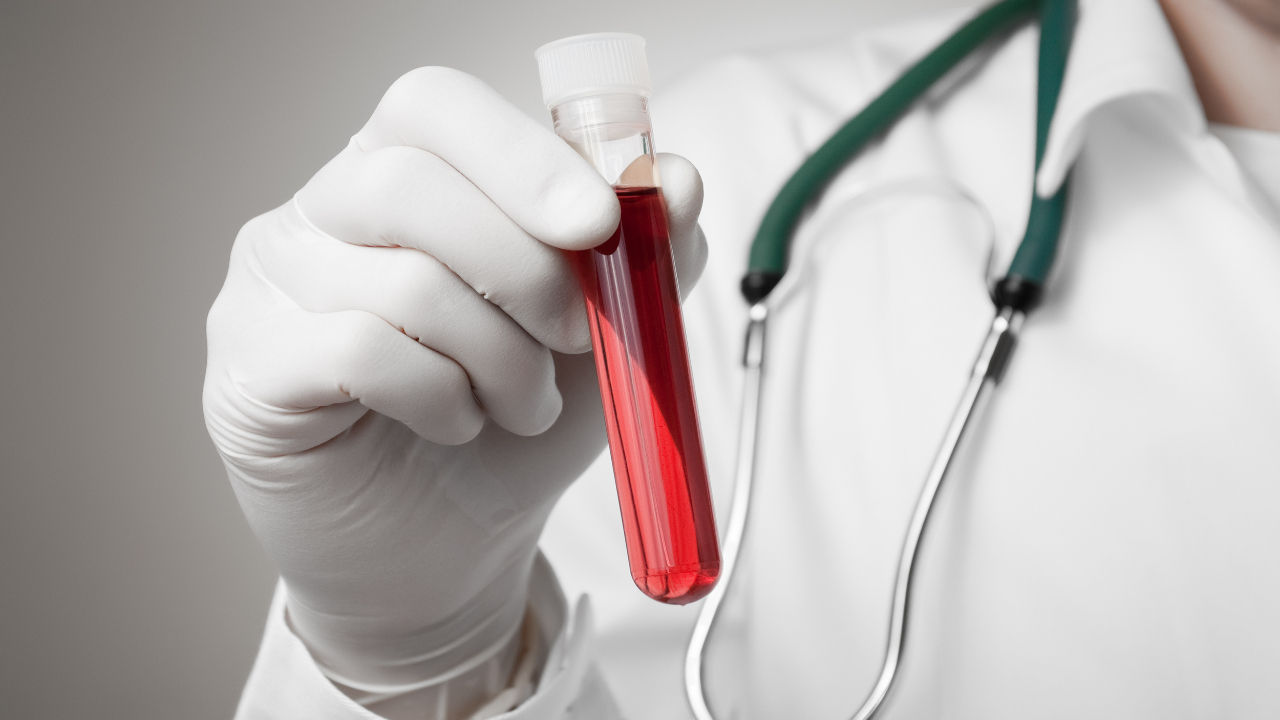
The blood level of anti-thyroglobulin antibodies is usually measured using a blood test and the results are reported as a number or titer. Anti-thyroglobulin antibodies normal level usually per milliliter 60 units (IU/mL) accepted below. However, interpretation of results may vary depending on the laboratory used and the reference range used. Some laboratories 100 IU/mL and above levels high can be accepted as
What does high Anti Thyroglobulin Antibody mean?

First of all, calm down and take a deep breath. Another important point is, anti thyroglobulin antibodies Recognize that a high grade does not mean that a person is experiencing symptoms or that treatment is needed. Treatment of autoimmune thyroid disease is usually decided based on the presence and severity of symptoms, the results of other thyroid function tests, and the person’s general health. If you are concerned about your thyroid health or have problems with your blood test results, consult your nearest hospital. contacting your doctor It is important that you discuss them. Your doctor can help you understand your test results and determine the best route for you.
Symptoms of Anti Thyroglobulin Antibody elevation:
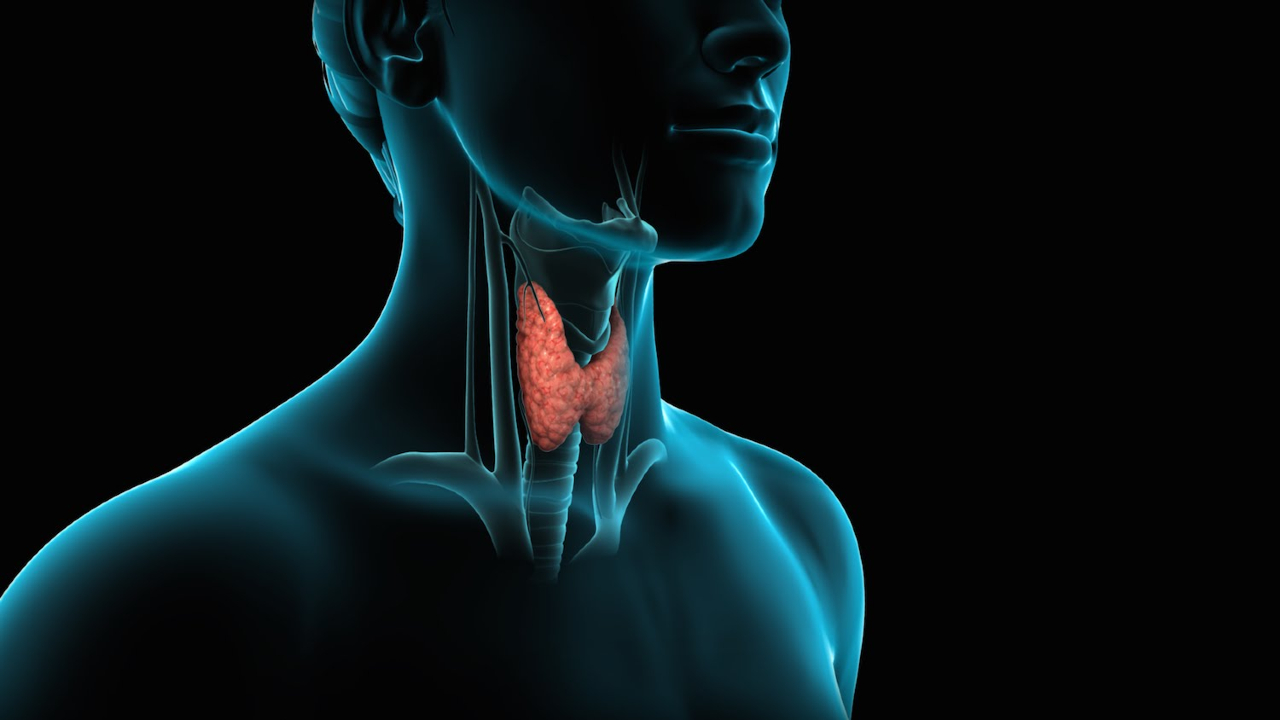
- Overproduction of thyroid hormones (Hyperthyroidism):
- Weakness
- weight loss
- avoiding foods like grains
- Sweating
- acceleration of heart rate
- Tremors in arms and legs
- Dry on the skin
- Sleeping disorder
- Sensation of tightness in the skin
- Nausea
- Diarrhea
- Underproduction of thyroid hormones (Hypothyroidism):
- becoming overweight
- Weakness
- Sweating reduction
- inability to stand the cold
- Dry on the skin
- Hair loss and fluff
- Distress – depression
- Forgetfulness
- low body temperature
Anti-thyroglobulin antibodies A high level may be an indication for a type of disease known as autoimmune thyroid disease. Such diseases can cause the thyroid gland to produce more or less hormones than normal. This condition can affect many systems in the body and cause the above symptoms. Remember, this height is not enough. For more information, you should consult the doctor at the nearest hospital.
What does low Anti Thyroglobulin Antibody mean?

A low level of anti-thyroglobulin antibodies usually means that the disease we mentioned above is absent. However, other thyroid function tests should also be performed to reach a definite conclusion on this issue. Moreover, anti thyroglobulin antibodies A low level may also mean that autoimmune thyroid disease, a type of disease that causes the thyroid gland to produce more or less hormones than normal, is being treated. In this case, the level of anti-thyroglobulin antibodies may decrease during treatment.
Symptoms of low Anti Thyroglobulin Antibody:
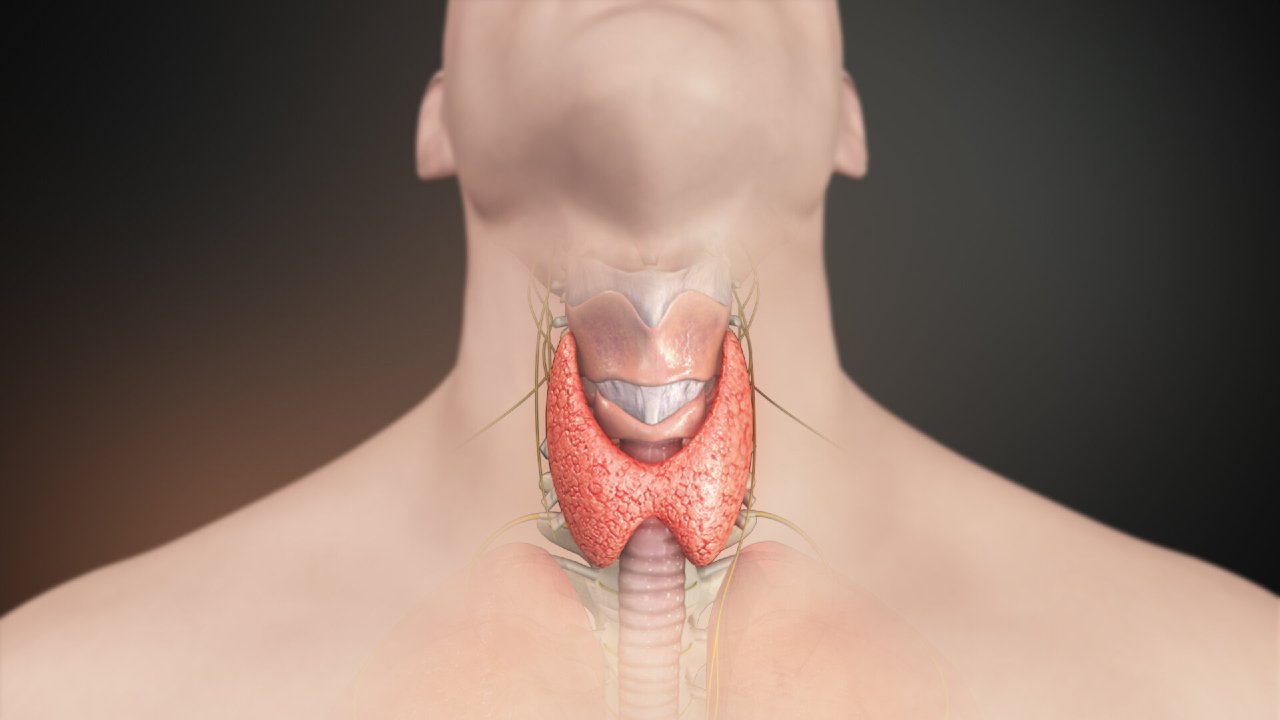
A low level of anti-thyroglobulin antibodies is usually asymptomatic. Because of its structure only when you’re high symptoms appear. However, if you have doubts about the health of your thyroid gland, you can go to the nearest health institution and get information from a specialist doctor by performing the necessary tests about your thyroid gland.
So how much should the Anti Thyroglobulin Antibody be, what is the normal value?
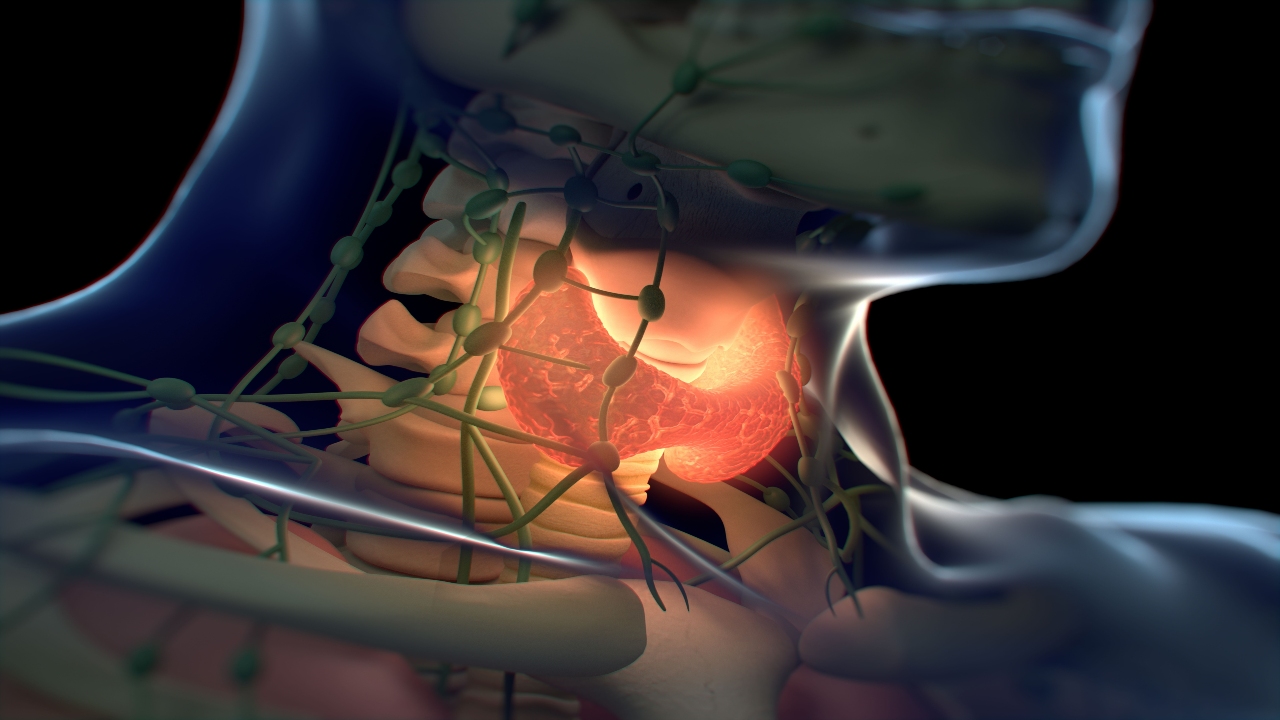
The level of anti-thyroglobulin antibodies is usually 60 IU/mL below is considered normal. However, this value can vary from lab to lab, and even in tests performed at different times in the same lab. Therefore, no exact value can be given for the normal level of anti-thyroglobulin antibodies, and each laboratory has its own reference range.
In this article, we talked to you about what anti-thyroglobulin antibody is, what its high and low levels mean in blood tests, and what its normal level is. However, the most accurate information is available in health institutions. from specialist doctors He said that it could be taken and in case of doubt, you should definitely tell them. by applying for the necessary tests Let’s recommend. If you pay attention to your health, you can achieve a happier life. Do not forget to give your opinion in the comment section.
If you’re curious about other variables in your blood tests, you can also check out these content:
RELATED NEWS
What is MCHC, which ensures a healthy flow of oxygen in our body, and what does its height and low mean?
RELATED NEWS
What Is ‘CRP’ That Shows Inflammation Intensity Of Our Body In Blood Analysis, What Does Its Low And Highness Mean?
RELATED NEWS
